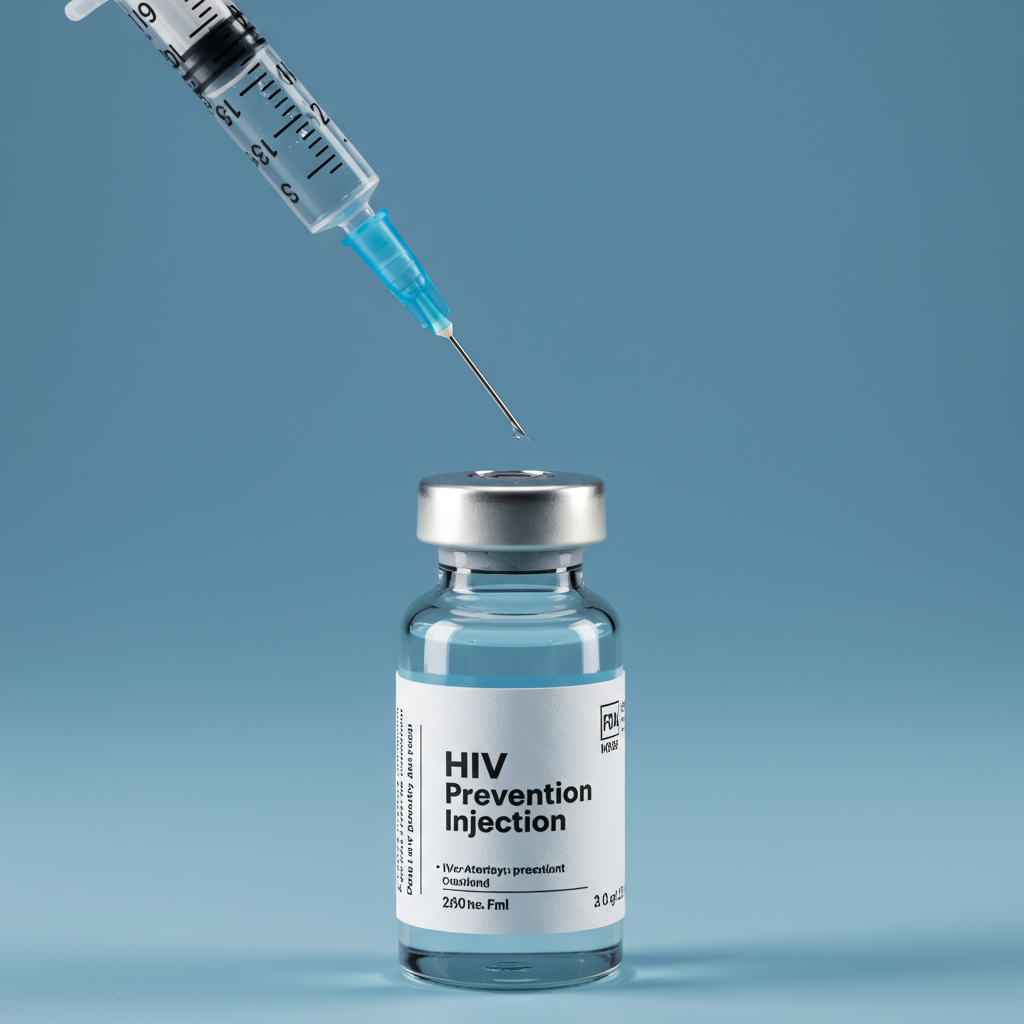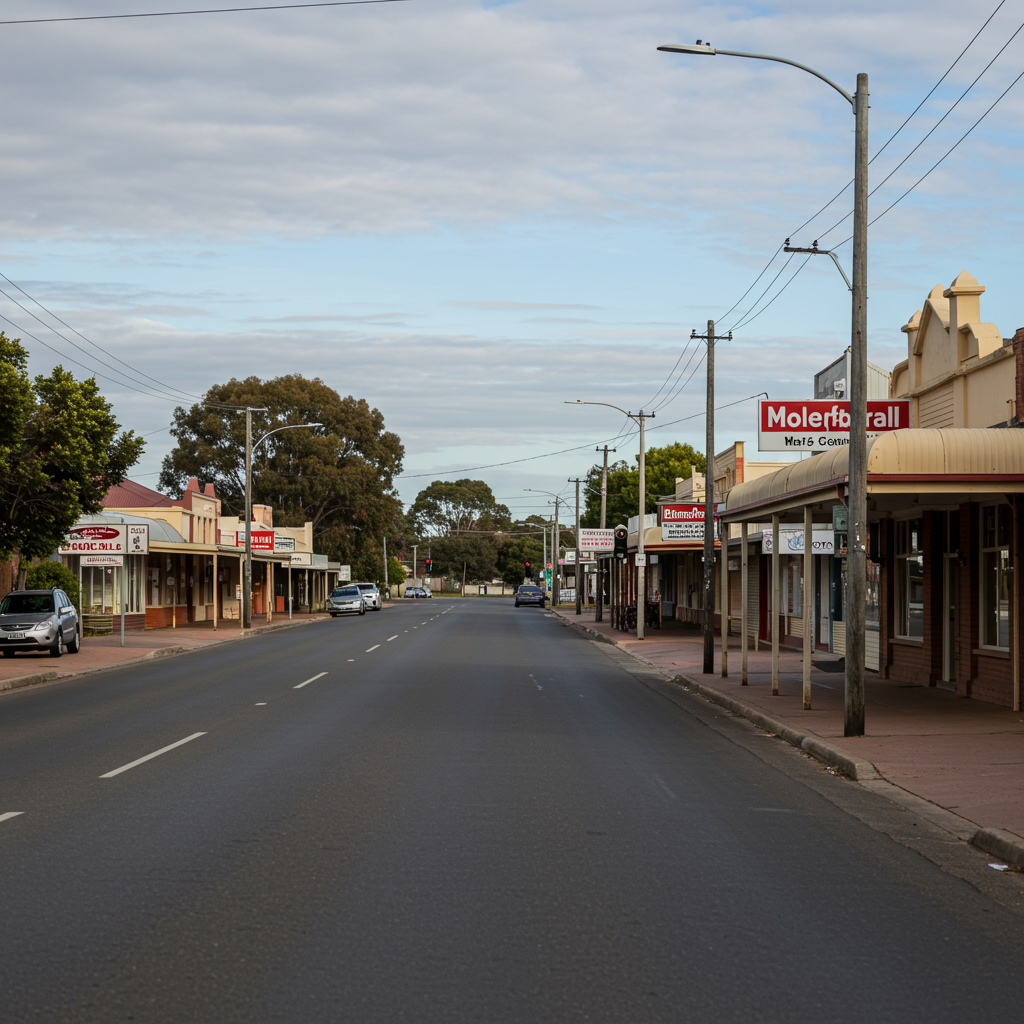Revolutionary Twice-Yearly Injection Approved for HIV Prevention
The U.S. Food and Drug Administration (FDA) has given its approval to Yeztugo (lenacapavir), a groundbreaking new medication offering the world’s first and only twice-a-year injectable option for preventing HIV. Developed by Gilead Sciences, this approval is being hailed as a major step forward, potentially transforming the fight against the virus by overcoming key challenges associated with existing prevention methods.
For decades, daily oral pills have been the standard for pre-exposure prophylaxis (PrEP), which dramatically reduces the risk of HIV infection when taken consistently. However, maintaining a daily pill regimen can be challenging for many people due to various factors like busy schedules, mental health considerations, or the stigma associated with taking medication daily. This inconsistency can significantly diminish their protective effect.
Yeztugo addresses this critical issue by requiring just two injections per year, administered by a healthcare professional. This vastly simplified schedule is expected to improve adherence levels, offering a more practical and discreet option for millions at risk of HIV globally. Experts believe this convenience could be a “game changer” and potentially “the next best thing” after a long-sought HIV vaccine.
Astounding Efficacy Shown in Trials
The FDA’s approval is based on impressive results from large-scale clinical trials. In a study involving sexually active young women and adolescent girls in South Africa and Uganda, zero new HIV infections were reported among those receiving the twice-yearly Yeztugo shot, compared to an approximate 2% infection rate in a group taking daily oral PrEP pills. A separate study in cisgender men and gender-diverse individuals across several countries demonstrated that Yeztugo reduced the HIV infection rate by a remarkable 96% compared to an estimated rate without any PrEP use, and 89% lower than a group taking daily Truvada.
Yeztugo belongs to a new class of antiretroviral drugs that target the HIV capsid, interfering with multiple steps in the virus’s replication process. This mechanism, combined with its unique long-acting properties, allows the drug to remain in the body at protective levels for six months between doses. Lenacapavir was initially approved in 2022 under the brand name Sunlenca for treating highly drug-resistant HIV in combination with other medications.
High Hopes Meet Significant Hurdles
While the potential of Yeztugo to accelerate the decline of HIV transmission is immense, particularly in populations and regions where current PrEP uptake is low or inconsistent, its widespread adoption faces substantial challenges.
One of the most immediate concerns is cost. The list price for Yeztugo in the U.S. is set at $28,218 per year, or $14,109 per injection. While Gilead states this is comparable to other branded PrEP options, it is significantly higher than the cost of generic daily oral PrEP, which can be as low as $30 per month.
Navigating insurance coverage for such an expensive new treatment presents a hurdle. Although the Affordable Care Act (ACA) currently mandates that private insurers cover PrEP with no cost-sharing (like copays or deductibles) due to its “A” preventive rating, a pending Supreme Court case could potentially overturn this requirement. Furthermore, cuts to programs like Medicaid could limit access for vulnerable populations. Experts anticipate insurers may impose step therapy requirements, forcing patients to try cheaper generic options first.
Political Climate and Equity Concerns
The introduction of Yeztugo also comes at a challenging time for public health infrastructure. Concerns have been raised about recent cuts to federal funding for HIV prevention programs, including those at the Centers for Disease Control and Prevention (CDC), National Institutes of Health (NIH), and the global PEPFAR initiative. Experts warn that this weakening of the infrastructure needed to educate communities, reach eligible individuals, and provide necessary services could hinder the rollout and impact of Yeztugo, despite its clinical effectiveness.
There are also significant concerns about ensuring equitable access. Historically, PrEP uptake has been disproportionately low among Black and Latino gay and bisexual men, who face some of the highest rates of new HIV infections in the U.S. While Yeztugo has the potential to mitigate these disparities by improving adherence, complex insurance processes, high costs, and reduced public health outreach could exacerbate existing inequalities, potentially benefiting wealthier or white populations more readily. A clear plan for ensuring equitable access, particularly for uninsured or underinsured individuals and those in marginalized communities, is seen as crucial.
Gilead has stated it is working with insurers to secure broad coverage and offers patient assistance programs, including covering up to $7,200 annually in out-of-pocket costs for insured patients and providing the drug free to eligible low-income uninsured individuals. The company has also signed agreements with generic manufacturers to produce lower-cost versions for 120 low- and middle-income countries, although access challenges, particularly in middle-income countries not covered by these agreements and due to weakened global health funding channels, remain a concern.
Despite the potential obstacles, some providers are preparing for launch. Telehealth services specializing in PrEP and community-based clinics are getting ready to offer Yeztugo, aiming to facilitate access even for those without insurance, underscoring the urgency felt by advocates to make this powerful new tool available to everyone who can benefit from it.
The FDA’s approval of Yeztugo marks a significant scientific achievement in developing a more convenient and highly effective HIV prevention option. However, realizing its full potential in accelerating the end of the HIV epidemic will depend heavily on overcoming the significant challenges related to cost, insurance coverage, political will, and ensuring equitable access for all populations at risk.




